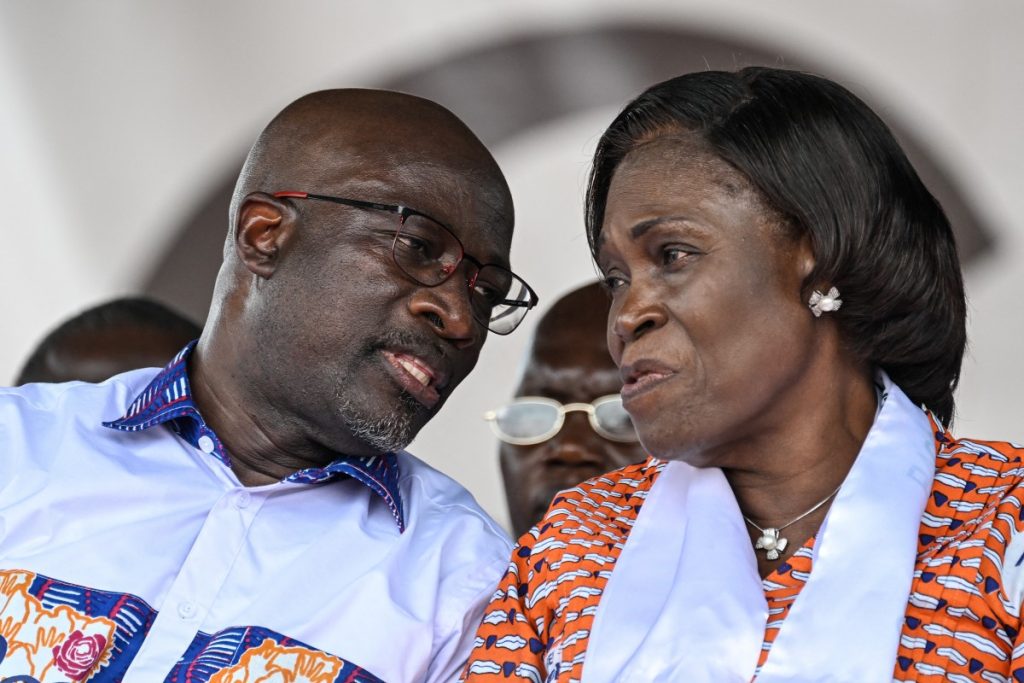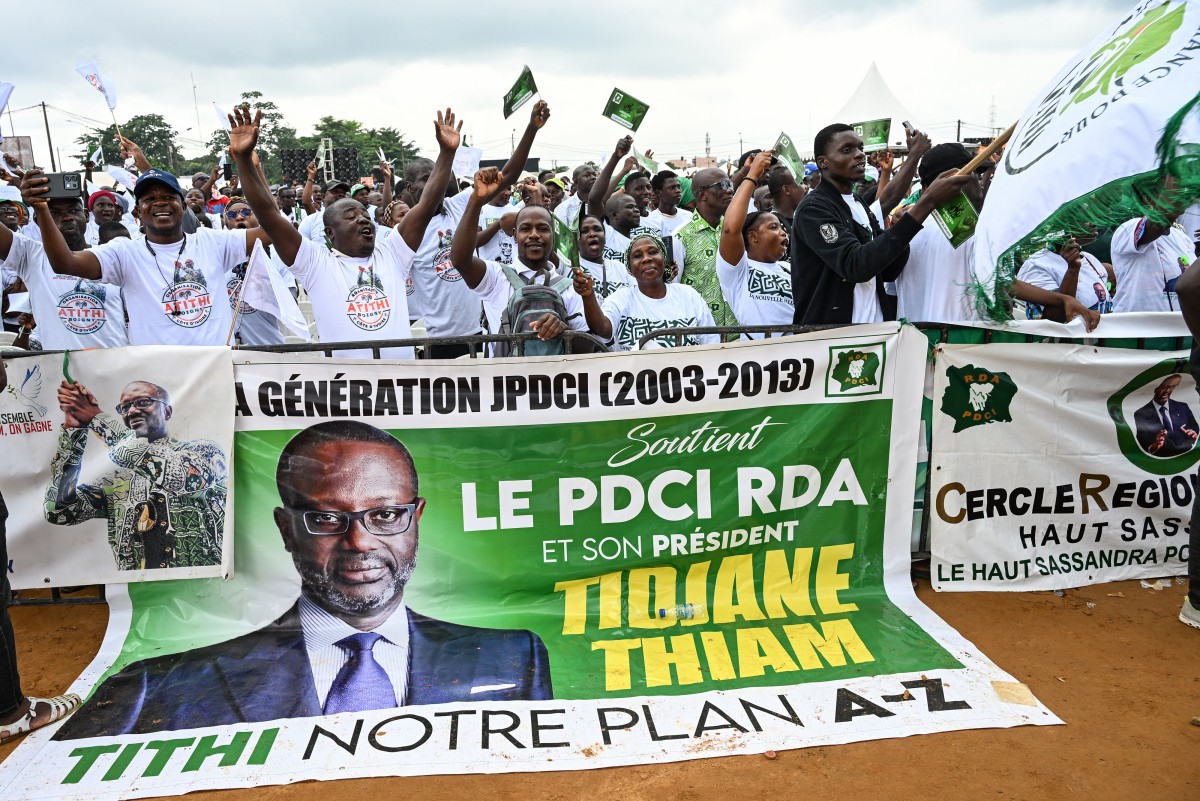Four key opposition leaders in Ivory Coast have been removed from the final electoral list, as officials announced on Wednesday, making them ineligible to participate in the presidential elections scheduled for later this year.
Tidjane Thiam, chief of the main opposition party, the Democratic Party of Ivory Coast (PDCI), was removed from the voter list in April after a court ruling questioned his Ivorian nationality during the registration process.
“My elimination from the electoral list by the independent electoral commission is a sad but telling example of Ivory Coast’s drift towards a total absence of democracy,” Thiam said in a statement on Wednesday.
Former president Laurent Gbagbo, his ex-associate Charles Ble Goude, and exiled former prime minister Guillaume Soro have faced disqualification for years due to earlier convictions and were not reinstated. All four individuals cannot participate in the presidential race on October 25 or cast their votes.
President Alassane Ouattara, 83, has held power since 2011. He remains on the electoral list but has not yet indicated whether he will pursue a fourth term. Ouattara won over 80 per cent of the votes in the previous elections held in 2015 and 2020.
On Monday, Ibrahime Kuibiert Coulibaly, head of the electoral commission, announced that the electoral register would not be revised prior to the election.
According to his party, Thiam, a former international banker who has been out of Ivory Coast for more than two months, has appealed to the UN Human Rights Committee.

His lawyer, Mathias Chichportich, said that stripping the opposition leader of “his political rights” constitutes “a serious violation of Ivory Coast’s international commitments.”
Other opposition leaders planning to run for the presidency are included on the final electoral list.
These candidates encompass former first lady Simone Ehivet Gbagbo, who, representing an opposition coalition, noted that conditions are inadequate for a “peaceful, calm election.”
Kuibiert Coulibaly, the electoral commission leader, urged respect for court rulings to “eliminate all disagreements” and establish Ivory Coast as “a state governed by the rule of law.”
This year’s final electoral register includes 8.7 million voters in a nation with a significant immigrant demographic. Nearly half of the 30 million residents are under 18 years of age.
Authorities reject any claims of political interference in the electoral process, asserting that they adhere to the decisions of an independent judiciary. The ruling RHDP party reinforced this stance on Wednesday.


 Trending
Trending 